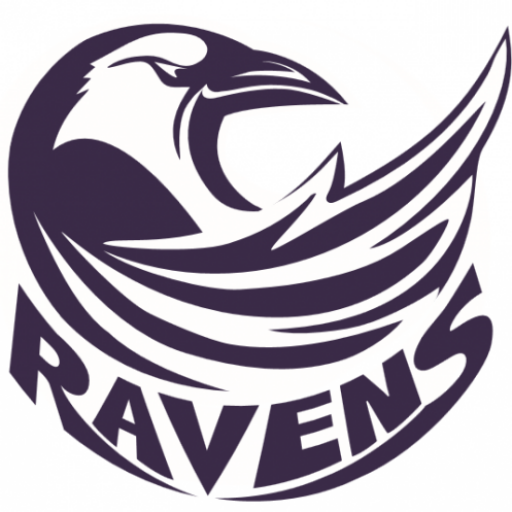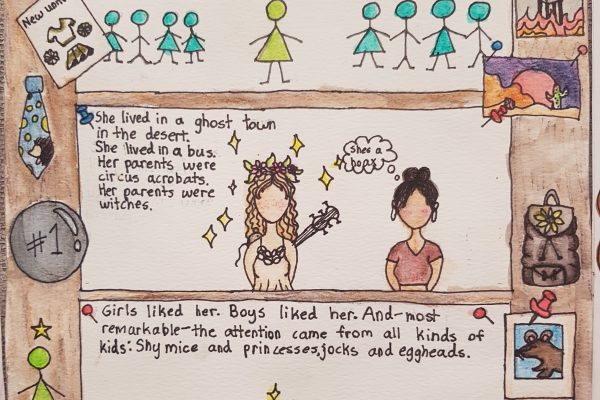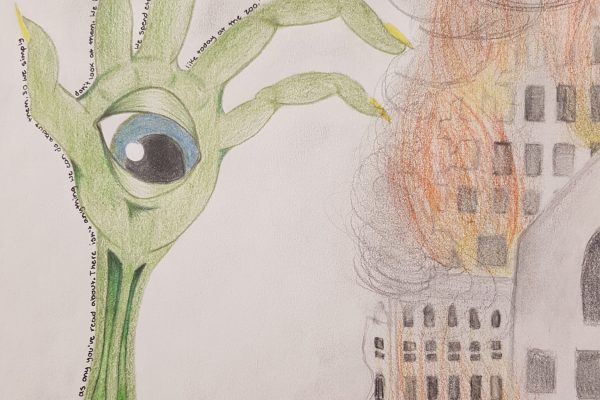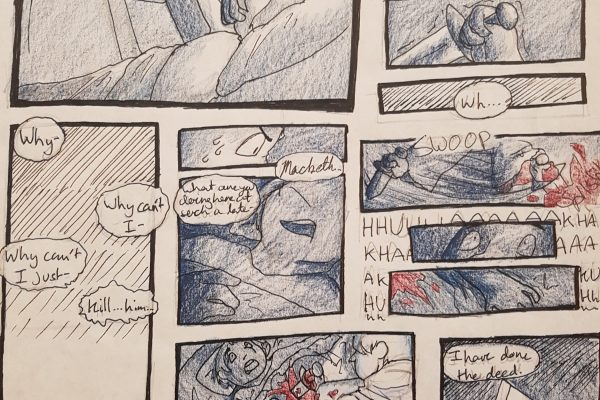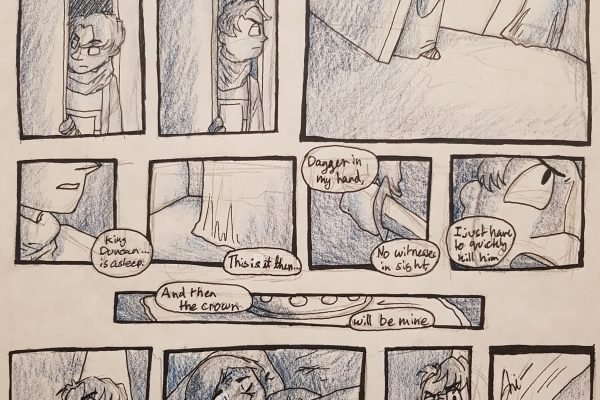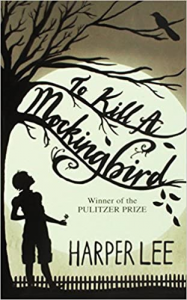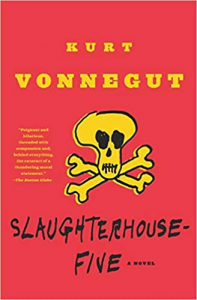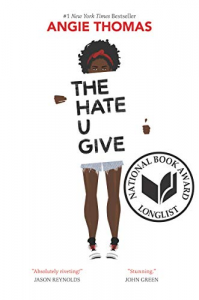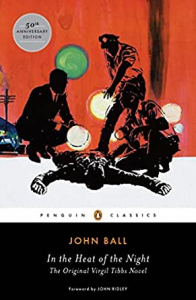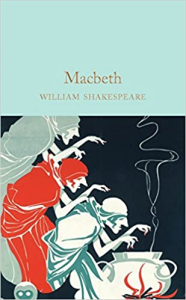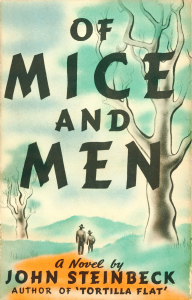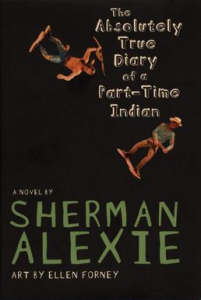Student writing samples
English Department
At Royal Bay the English Department is committed to providing students with quality instruction that encourages them to become better thinkers and problem-solvers. The English curriculum is designed to improve reading, writing, listening, speaking, and thinking skills for students of all abilities.
The re-design of BC’s curriculum provides flexibility to inspire the personalisation of learning and addresses the diverse needs and interests of BC students. BC’s re-configured curriculum provides teachers with greater flexibility in creating learning environments that are relevant, engaging, and novel. This curriculum presents what students are expected to know, understand, and be able to do, articulated in a learning progression that begins in Kindergarten and continues through to Grade 12.
English Language Arts is a foundational curriculum that equips students with the language and literacy skills they will need for success in school, community, career, and life. The English Language Arts curriculum – in addressing personalized learning, and essential learning and core competencies — has as its foundation five (5) strands: Composition, Creative Writing, Literary Studies, New Media, and Spoken Language. All five strands will underpin each English Language Arts course.
These strands are concept-based and competency-driven. They place more emphasis on a deeper understanding of concepts and the application of processes than on the memorization of isolated facts and information. What students are expected to understand, to know, and to do — sets of intellectual, personal, and social/emotional proficiencies — are the competencies which will help students facilitate a more profound learning and contribute to their personal growth.
Students will demonstrate their understanding of written, oral, and visual communications; draw reasoned conclusions from information found in written, spoken, or visual communications and to defend their conclusions; apply their knowledge of the conventions of language and use appropriate vocabulary to talk about them; employ effective processes and strategies to generate, gather, and organize information and ideas; enhance the precision, clarity, and artistry of their communications; understand and use a variety of forms and styles of communication that are relevant to specific purposes and audiences; use language to explore thoughts, ideas, feelings, and experiences to prepare for their roles in the world; use language to interact and collaborate with others within the school and community and to value and support others.
For a full view of the courses offered at RBSS, please see the Course Handbook.
Books
A selection of the books that students will be engaging with
Staff List
Checkley, Sara scheckley@sd62.bc.ca
Demmings, Ross rdemmings@sd62.bc.ca
Doyle, Katie kdoyle@sd62.bc.ca
Eldredge, Miles meldredge@sd62.bc.ca
Flello, Andrew aflello@sd62.b.ca
Hart, Conor chart@sd62.bc.ca
Lowther, Nathan nlowther@sd62.bc.ca
Mathieu, Adrien amathieu@sd62.bc.ca
McElroy, Bruce bmcelroy@sd62.bc.ca
Pardell, Sonya spardell@sd62.bc.ca
ten Hove, Jacqui jtenhove@sd62.bc.ca
Wood, Megan mwood@sd62.bc.ca
Wong, Jadia jwong@sd62.bc.ca
Wright, Dawn dwright@sd62.bc.ca
